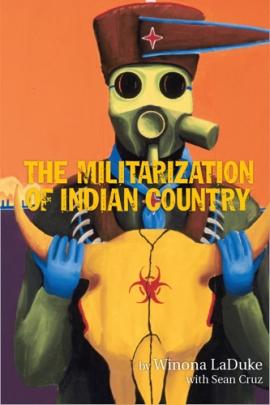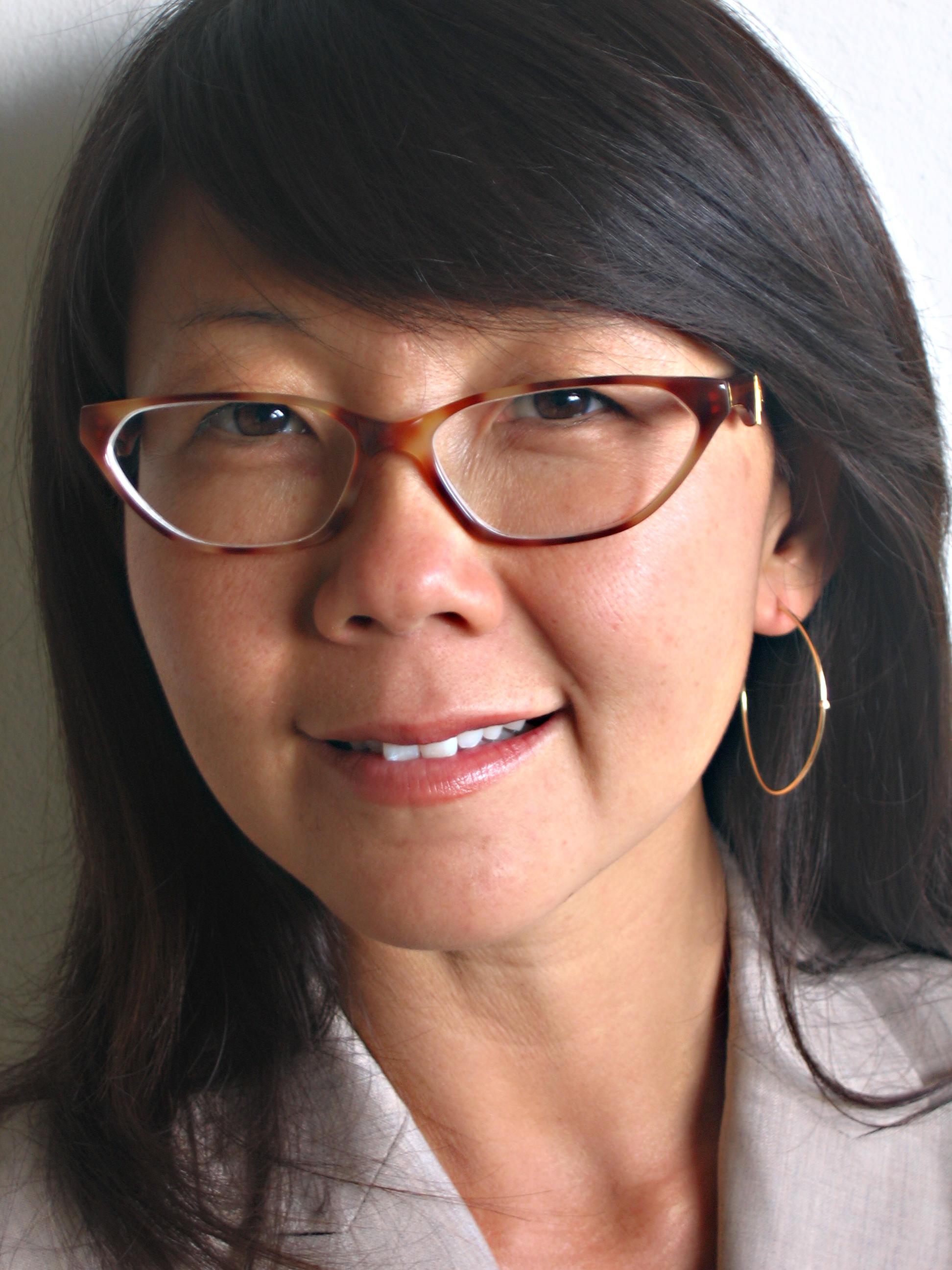
Columbus Day Questions
On this Columbus Day, let’s consider the discrepancy between how newcomers are celebrated in our history but ostracized in our society.

On this Columbus Day, let’s consider the discrepancy between how newcomers are celebrated in our history but ostracized in our society.

Call’s story, No Word for Welcome, invites readers into the homes, classrooms, storefronts, and fishing boats of the isthmus, as well as the mahogany-paneled high-rise offices of those striving to control the region. With timely and invaluable insights into the development battle, Call shows that the people who have suffered most from economic globalization have some of the clearest ideas about how we can all survive it.

As the U.S. military wreaks havoc in faraway places around the world, a new book sheds light on the historical and continuing damage done to native peoples and their lands within the United States and its colonial holdings.

It doesn’t take a stooge or a Nazi to take Israel’s 1967 borders as a no-brainer.
Southern Sudan’s vote for independence and ongoing violence in Darfur demand U.S. attention.
Hanford remains one of the most contaminated zones in the western Hemisphere.

The showdown in Cancun is over preventing a market-based approach to global warming.
Climate change is hitting Alaska hard.

In rural Mexico, the flush toilet is a human rights victory.
A critical examination of what Americans are truly celebrating on Columbus Day.
Much-needed legislation to fight sexual violence against Native women was recently enacted.
Tribal life in Louisiana, what we won in the financial reform bill, and the make-believe economics of David Brooks.

At the U.S. Social Forum in Detroit, reports columnist Christine Ahn, a new and powerful antiwar movement came together.

The killing of two human rights activists in Mexico is only the most recent example of Mexico’s slide into lawlessness. The Mexican government, columnist Laura Carlsen argues, is part of the problem, not part of the solution.
The World People’s Conference on Climate Change held last week in Bolivia was an experiment in replacing the less-than-democratic UN process with one that invites public participation. But what’s the difference between Copenhagen and Cochabamba?